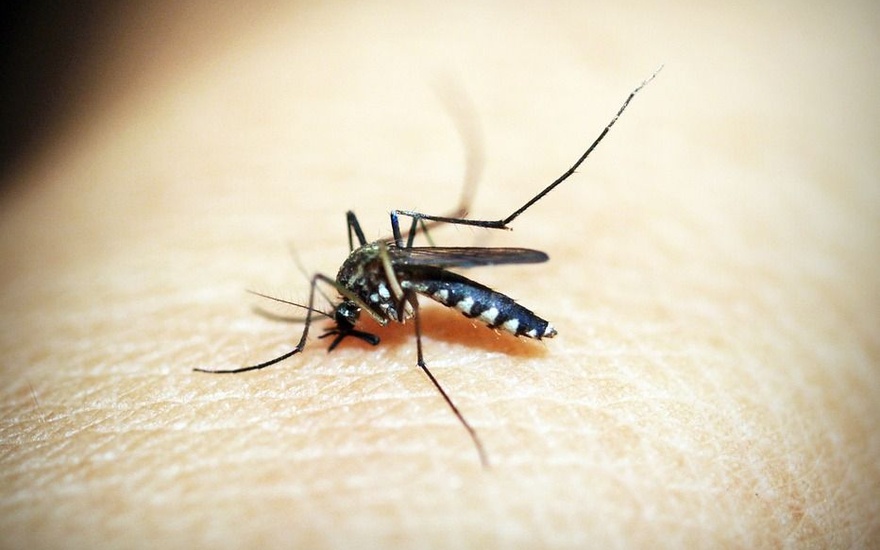A new strain of dengue was first discovered in Brazil in a man from Aparecida de Goiânia (GO) by researchers from Fiocruz and from the Central Public Health Laboratory in Goiás.
Genotype 2, also known as global genotype, is the most prevalent strain of dengue virus in the world, but has never been found in Brazil, which is currently experiencing an outbreak with more than 500,000 cases recorded between January and April.
The discovery represents the first official record of this strain in South America and the second in the Americas, where there was an outbreak of this subtype in Peru in 2019. Currently, dengue virus known as serotype 3 genotype 2, or Asian genotype, predominates in Brazil.
According to Fuecruz, the identification was made in February from a sample from a case that occurred at the end of November in the city of Goiás. The disclosure was notified to the municipal and state departments, the Ministry of Health and a Article – Commodity In detail, the results have been published on the medRxiv preprints platform.
Dengue fever in Brazil
According to a bulletin issued by the Ministry of Health, issued in early May, there was an increase of 113.7% in probable cases of infection from January to April of this year, compared to the same period last year. The West-Central region is the country’s most affected, and Goiania (GO) is the municipality that tops the list, with more than 31,000 cases as of April 23, according to the health ministry.
Despite the number of cases in Goiás, Vuecruz researchers stated that the data had no direct relationship to the new genotype and the increase in cases in the state.
how to prevent
The accumulation of stagnant water contributes to the reproduction of mosquitoes Aedes aegypti Thus, in order to spread the disease further. And in the rainiest months, between November and May, the disease tends to spread. Therefore, it is important to avoid sources of standing water, because mosquito eggs can live up to a year in the environment.
All age groups are equally susceptible to the disease, but the elderly and people with chronic diseases, such as diabetes and high blood pressure, are more likely to develop severe cases and other complications that can lead to death.
Some people are asymptomatic and others have more severe symptoms, such as bleeding. When symptoms appear, the Ministry of Health recommends seeking medical service.

“Wannabe internet buff. Future teen idol. Hardcore zombie guru. Gamer. Avid creator. Entrepreneur. Bacon ninja.”

